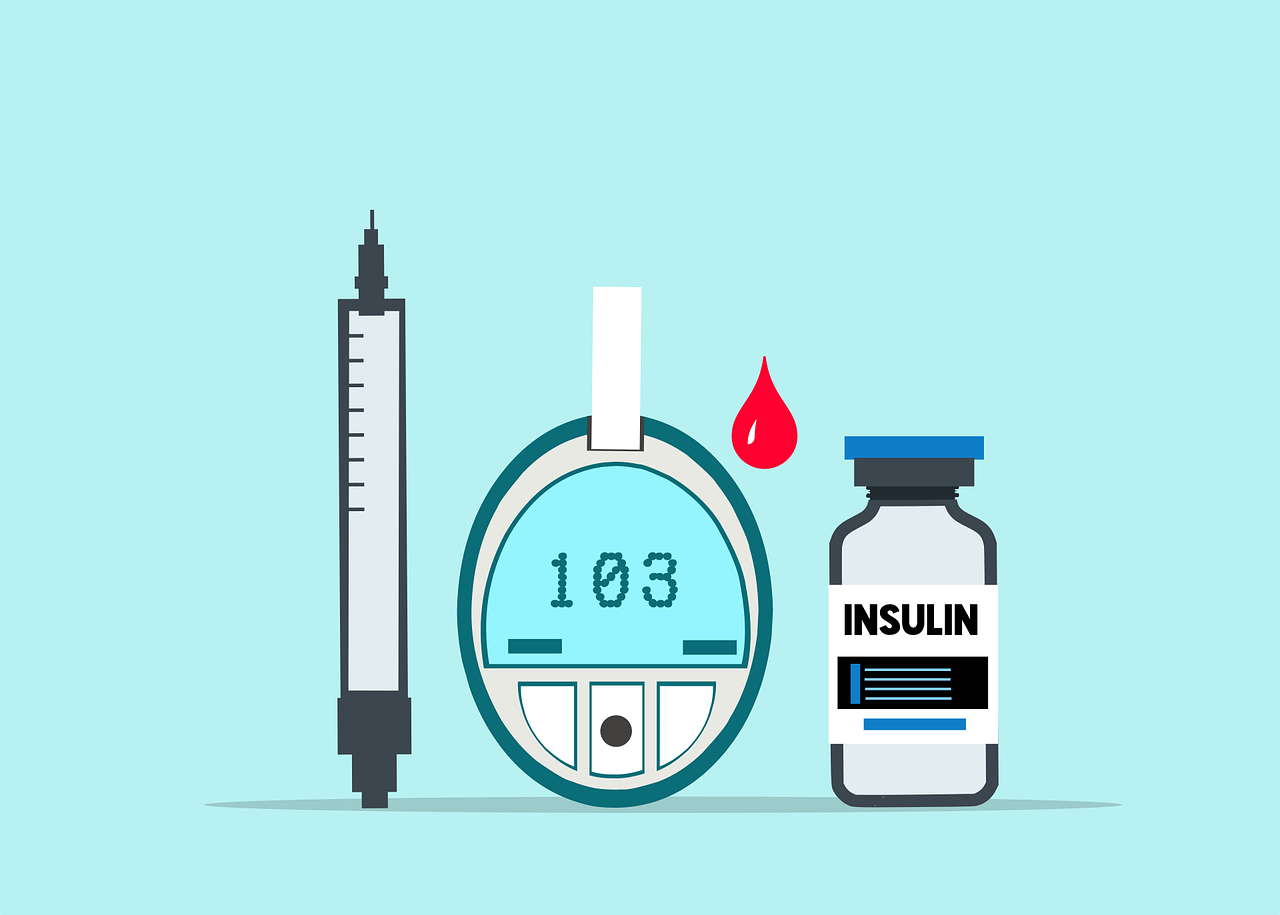
When it comes to managing high cholesterol, Repatha (evolocumab) is a name that often surfaces in both doctor’s offices and online forums. As a PCSK9 inhibitor, Repatha is designed to significantly lower LDL cholesterol levels—especially in patients who haven’t had success with statins or other therapies. But like any powerful medication, it doesn’t come without concerns. A recurring theme in both clinical literature and patient communities is: What are the real side effects of Repatha?
In this deep dive, we’ll explore not only what the official data says but also what patients are actually experiencing day-to-day. Whether you’re considering Repatha or are already on it and curious about certain symptoms, this article aims to give you a complete picture—backed by science and lived experiences.
The Basics: What Repatha Does
Repatha works by inhibiting a protein called PCSK9, which in turn helps your liver remove more LDL (“bad”) cholesterol from your bloodstream. Approved by the FDA in 2015, it has become a go-to treatment for individuals with familial hypercholesterolemia or clinical atherosclerotic cardiovascular disease.
Commonly Reported Side Effects (Clinical Trials & FDA Data)
Let’s start with what the official documentation reveals. According to clinical trials and the FDA label:
- Nasopharyngitis (cold symptoms): Most common
- Upper respiratory tract infections
- Flu-like symptoms
- Injection site reactions (redness, pain, bruising)
- Back pain
- High blood sugar and a small increase in diabetes risk
These side effects were typically mild to moderate in intensity and often resolved on their own.
Less Common But Clinically Noted
- Muscle and joint pain
- Fatigue
- Dizziness
- Headaches
- Gastrointestinal issues such as nausea and diarrhea
While these are less frequently reported in trials, they do appear in post-marketing surveillance, especially among long-term users.
Real Talk: What Patients Are Actually Experiencing
You can learn a lot by listening to real patients. Here’s what we uncovered from Reddit threads, Mayo Clinic forums, Drugs.com, and WebMD reviews:
Cognitive and Neurological Complaints
Some users report experiencing a mental fog, memory lapses, and difficulty concentrating. While these aren’t always captured in trials, enough anecdotal reports suggest a potential link.
Muscle and Joint Pains
Muscle tightness, cramps, and joint stiffness are among the most frequently mentioned issues in online communities. Some users found these symptoms tolerable; others discontinued the drug because of them.
Fatigue and Energy Levels
Many users mentioned an overwhelming sense of tiredness, sometimes emerging days after the injection. This fatigue can be persistent, affecting daily functioning.
Gastrointestinal Discomfort
Though not officially a major side effect, numerous patients report nausea, bloating, or stomach cramps. Diarrhea and constipation have also been discussed.
Emotional and Psychological Effects
Some users reported heightened anxiety, mood swings, or depressive symptoms. These are harder to pin directly on Repatha but are worth discussing with a healthcare provider if experienced.
Injection Site Reactions
While common, reactions range from mild bruising to more significant swelling or prolonged soreness.
Is There a Pattern?
Interestingly, many side effects tend to appear within 24 to 72 hours after injection, though others like fatigue and cognitive issues may have a delayed onset. Some users also noticed a cumulative effect, with side effects worsening after multiple doses.
Are the Side Effects Permanent?
For most users, symptoms subside once the medication is stopped. However, some individuals have reported lingering joint or cognitive symptoms, though these are rare.
Risk vs. Reward: Is Repatha Worth It?
The decision to continue or start Repatha should be made with your physician, weighing the cardiovascular benefits against quality-of-life changes. For many, the dramatic drop in LDL cholesterol is life-saving. For others, side effects may outweigh the benefits.
Final Thoughts
Repatha is a groundbreaking medication, but it’s not without its caveats. By understanding both clinical evidence and real-world experiences, you can make a more informed decision.
If you’re using Repatha and experiencing unusual symptoms, don’t hesitate to bring them up with your doctor. It might not always be a deal-breaker, but your comfort and health matter.
Have you taken Repatha? Share your experience in the comments below to help others make an informed choice.
FAQs
- What is Repatha used for?
Repatha (evolocumab) is prescribed to lower LDL cholesterol levels in patients with conditions like familial hypercholesterolemia or clinical atherosclerotic cardiovascular disease, especially when statins are not effective or tolerated. - What are the most common side effects of Repatha?
The most commonly reported side effects include nasopharyngitis (cold-like symptoms), upper respiratory infections, flu-like symptoms, injection site reactions, and back pain. - Does Repatha cause muscle pain or joint stiffness?
Yes, many users report muscle cramps, joint pain, and stiffness. These can vary in intensity and are often more noticeable after multiple doses. - Can Repatha cause fatigue or tiredness?
Fatigue is a frequently discussed side effect in user forums. It may occur a few days after injection and, in some cases, persist for several days. - Are cognitive issues like memory loss linked to Repatha?
While not commonly listed in clinical trials, many patients report “brain fog,” memory issues, and difficulty concentrating, suggesting a potential side effect in real-world usage. - Is hair loss a side effect of Repatha?
Hair loss is not a widely recognized side effect in clinical literature, but isolated user reports exist. It’s best to consult a healthcare provider for evaluation if this occurs. - How long do side effects from Repatha last?
Most side effects are short-lived and resolve within a few days. However, some users experience persistent or cumulative symptoms, especially with long-term use. - Does Repatha affect liver or kidney function?
There is limited evidence of liver or kidney impairment from Repatha, but some users have reported elevated liver enzymes. Regular monitoring with blood tests is advised. - Can I stop Repatha if I have side effects?
Yes, but only under medical supervision. Discontinuing Repatha suddenly can lead to a rebound in cholesterol levels. Always consult your doctor before stopping the medication. - What should I do if I experience severe or unexpected side effects?
Report them immediately to your healthcare provider. You may also report side effects to the FDA MedWatch program for post-marketing surveillance.












